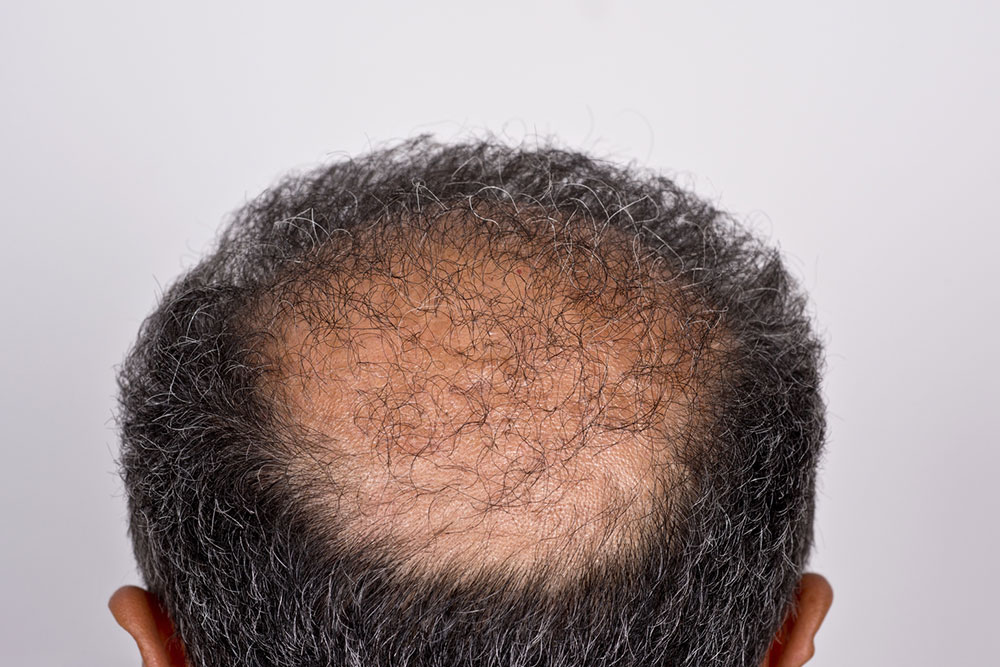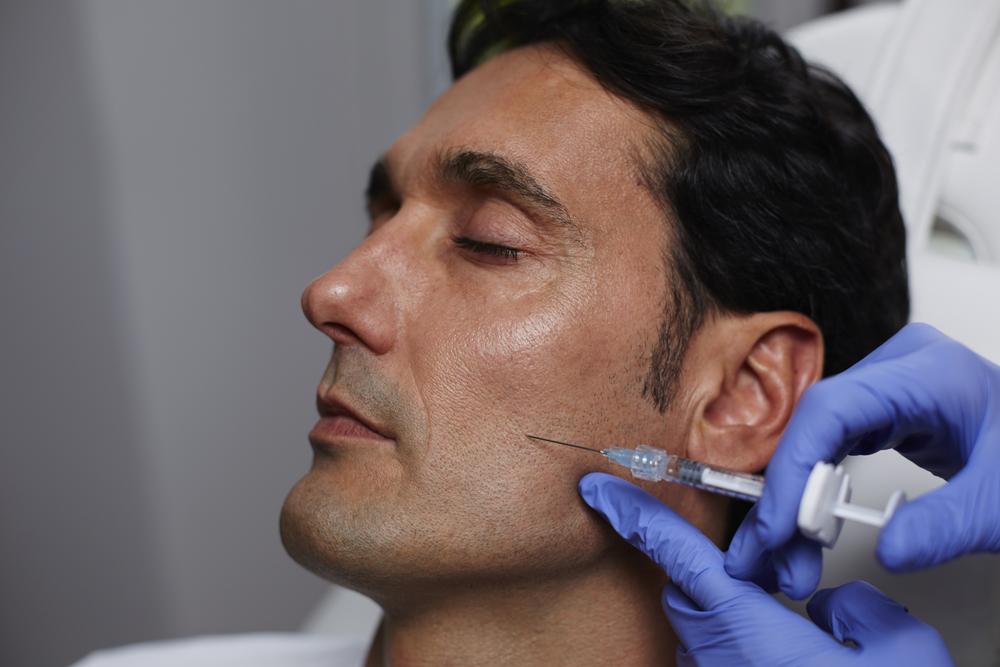Hair Transplant – Types, Procedure, and Cost
A hair transplant is a surgery in which the skin from one part of the scalp is grafted onto a bald or thinning area. Radical advances in hair transplant technology have ensured that those experiencing hair loss get the opportunity to regrow their hair. Individuals who want a hair transplant can look for specialists in Spain, as they are renowned for their expertise; the country has consistently ranked among the top destinations for hair transplants.

Average hair transplant price
Spanish hair transplant clinics charge a fairly reasonable fee for their services. On average, the price of a hair transplant in Spain ranges between €2,000 and €5,000. In certain clinics, the prices can go all the way up to €8,000. The price of DHI (direct hair implantation) hair transplant procedures tends to be about 20–25% higher than FUE (follicular unit extraction) transplants. These hair transplant prices can vary from clinic to clinic, depending on the other premium services that come with them.
Types of hair transplants
Specialists in the country employ techniques and procedures to make hair regrow organically.
1. Follicular unit extraction
In this procedure, hair follicles are extracted from the donor area (usually the limbs) and inserted into the recipient area, which is the balding or thinning area. Follicular unit extraction (FUE) is one of the most minimally invasive procedures for hair transplants. This is why healthcare experts advise individuals who want minimal scarring and blood loss, fewer grafts, and shorter recovery times to opt for FUE transplants.
2. Follicular unit transplantation
After FUE, follicular unit transplantation (FUT) is the most popular hair transplantation alternative worldwide. In this procedure, a strip of skin is surgically removed from the back of the individual’s head. Then, hair follicles are extracted from this strip and inserted into the balding areas on their heads. Unlike the earlier procedure, this one leaves scars on one’s head. The recovery time after this surgery is longer than the time needed for healing after an FUE operation. People who need larger hair grafts can opt for this surgery. It is a relatively rough procedure, so seniors are often advised against it.
3. Direct hair implantation
This premium service involves surgeons microscopically removing entire follicles from body zones with greater hair growth. The follicles are then directly implanted into the bald and thinning area of the head. This process differs from FUE, in which follicles are extracted en masse before being transplanted in the balding area. The premium prices associated with this highly advanced procedure are for the time and painstaking effort that go into executing it perfectly.
4. ARTAS
This robotic hair transplant procedure is an extension of the FUE method. In ARTAS, a special machine controlled by surgeons removes hair follicles from high-growth areas, such as the limbs, before implanting them into the balding area. Like DHI, this procedure is also fairly new and incredibly expensive. Hair transplant clinics using the ARTAS operation spend a lot of money on the expensive equipment needed for the procedure.
Hair transplant procedure
In many cases, the hair transplant procedure follows a standard blueprint. Transplant teams carry out this procedure slowly and methodically to avoid accidents and ensure optimal results.
In the consultation and preparation phase, the individual meets with a hair transplant surgeon to discuss the chosen type of transplant, the optimal number of grafts needed, and the zones in which they will be placed. During this phase, the individual can ask any questions about the procedure.
In the donor graft extraction phase, surgeons extract donor grafts from the back and sides of the scalp. In some cases, hair might be taken from the limbs. The extraction is done carefully to avoid leaving elongated scars in the donor zone.
In the graft preservation phase, the surgical team cleans and sorts (based on the number of hairs per graft) the extracted grafts before they are immersed in an active plasma solution. After removing them from the solution, the grafts are placed in hyper-cleansed Petri dishes and refrigerated until implantation is needed.
During the DHI procedure, the team uses an implanter pen to implant the grafts onto the bald zones. Some team members load the individual grafts onto the implanter pens, while others pass them to the surgeon performing the main task. Using this pen-driven technique allows the team to implant hair grafts between already existing hair on an individual’s head. This will eventually give their scalp a dense and hairy look. The surgeon tilts the pen at an angle to implant the follicle grafts perfectly. This is the implantation phase of the operation.
The post-op care phase involves the essential aftercare steps once the main operation is over. Nurses on the implantation team wash the donor and recipient zones. Extra care is taken so the transplanted grafts are not exposed to external elements, excessive rubbing, or sunlight. The surgical team conducts several follow-up evaluations to monitor the individual’s progress in recovery.
Factors to consider when choosing hair transplant specialists
Some of the essential factors individuals should consider before choosing a hair transplant clinic include the experience and reputation of the surgical team, online reviews from previous patients, the additional facilities offered by the clinic, the credibility of the post-op follow-up, and the ease of payment.




